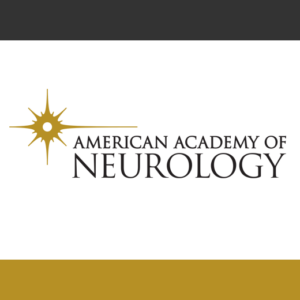Objective:
The current study investigates the effect of sleep deprivation on the speed and accuracy of eye movements as measured by the King-Devick (K-D) test, a 1-minute test that involves rapid number naming.
Methods:
In this cohort study, neurology residents and staff from the University of Pennsylvania Health System underwent baseline followed by post-call K-D testing (n = 25); those not taking call (n = 10) also completed baseline and follow-up K-D testing. Differences in the times and errors between baseline and follow-up K-D scores were compared between the 2 groups.
Results:
Residents taking call had less improvement from baseline K-D times when compared to participants not taking call (p < 0.0001, Wilcoxon rank sum test). For both groups, the change in K-D time from baseline was correlated to amount of sleep obtained (rs = -0.50, p = 0.002) and subjective evaluation of level of alertness (rs = 0.33, p = 0.05) but had no correlation to time since last caffeine consumption (rs = -0.13, p = 0.52). For those residents on their actual call night, the duration of sleep obtained did not correlate with change in K-D scores from baseline (rs = 0.13, p= 0.54).
Conclusions:
The K-D test is sensitive to the effects of sleep deprivation on cognitive functioning, including rapid eye movements, concentration, and language function. As with other measures of sleep deprivation, K-D performance demonstrated significant inter-individual variability in vulnerability to sleep deprivation. Severe fatigue appears to reduce the degree of improvement typically observed in K-D testing.
Summary Points:
- Neurology residents underwent baseline K–D testing followed by post call K–D testing.
- Post-call residents had less improvement from baseline K-D score compared to those who were not taking call.
- Changes in K-D times from baseline were correlated to amount of sleep obtained (less sleep associated with less improvement in K-D score).
- The study concluded that the K–D test is sensitive to the effects of severe sleep deprivation on cognitive functioning, including rapid eye movements, concentration, and language function.

